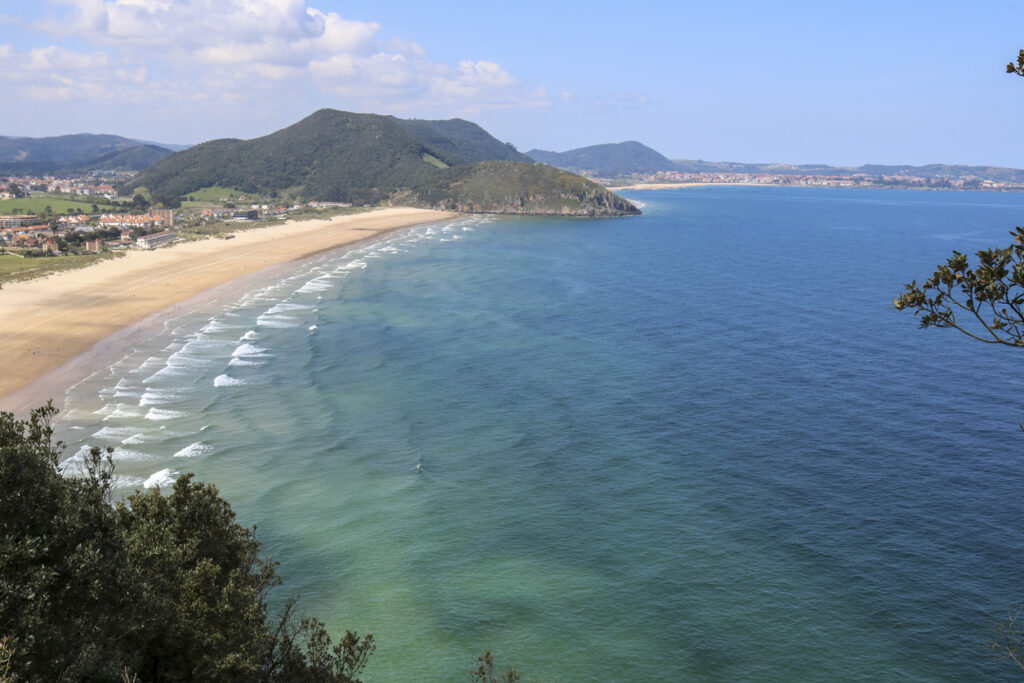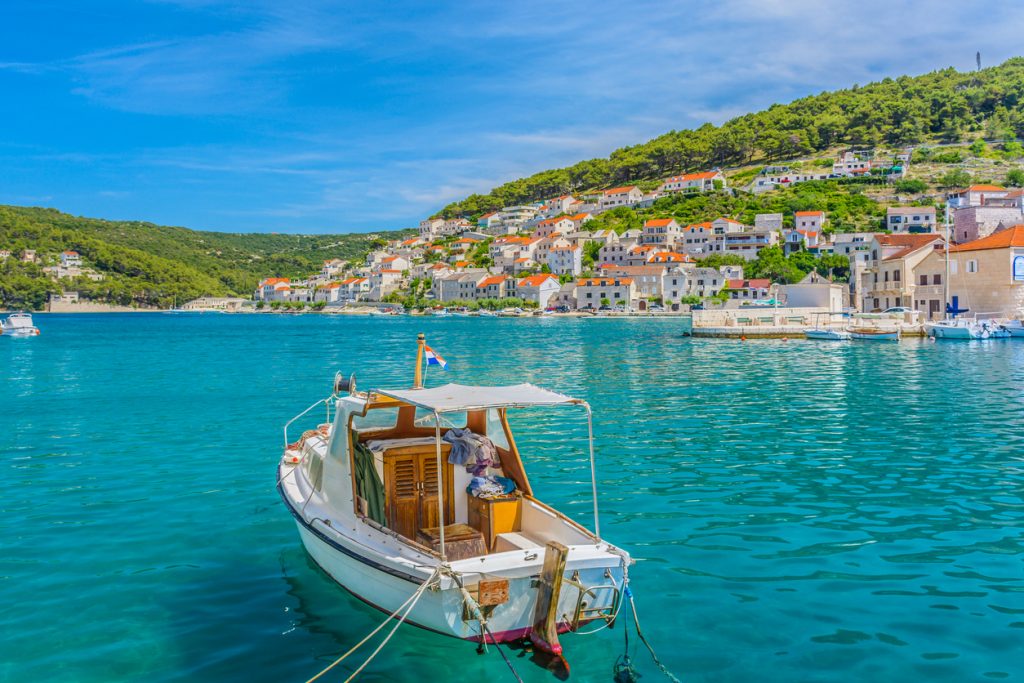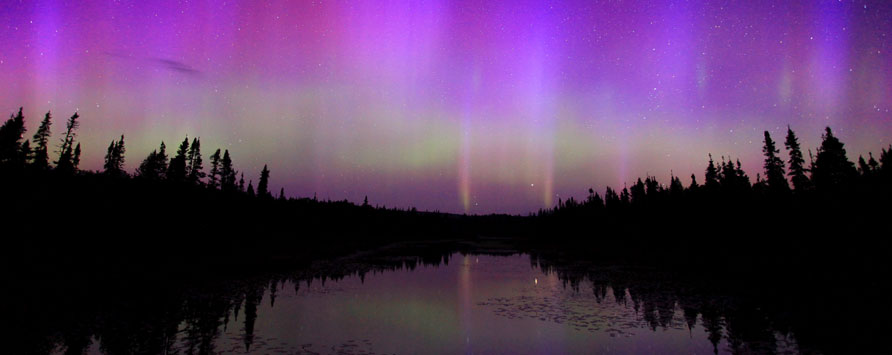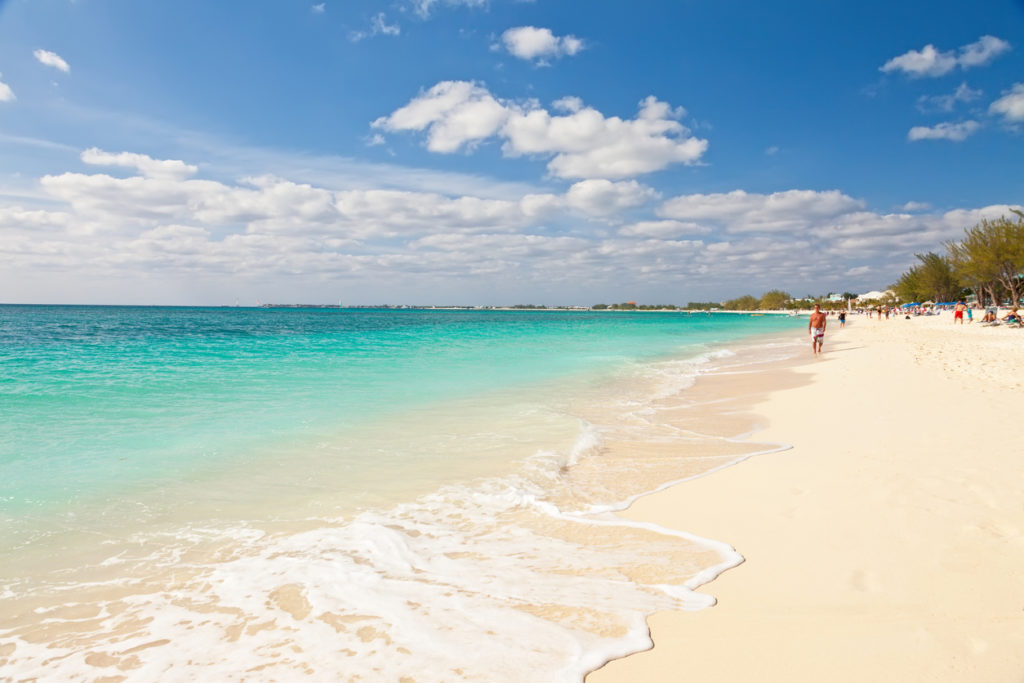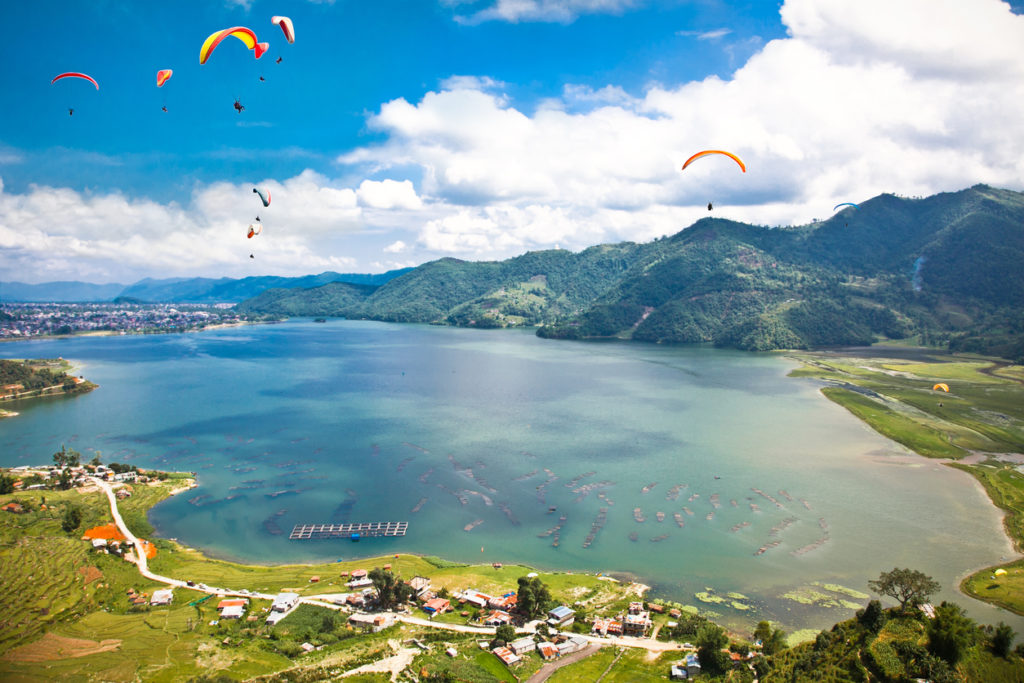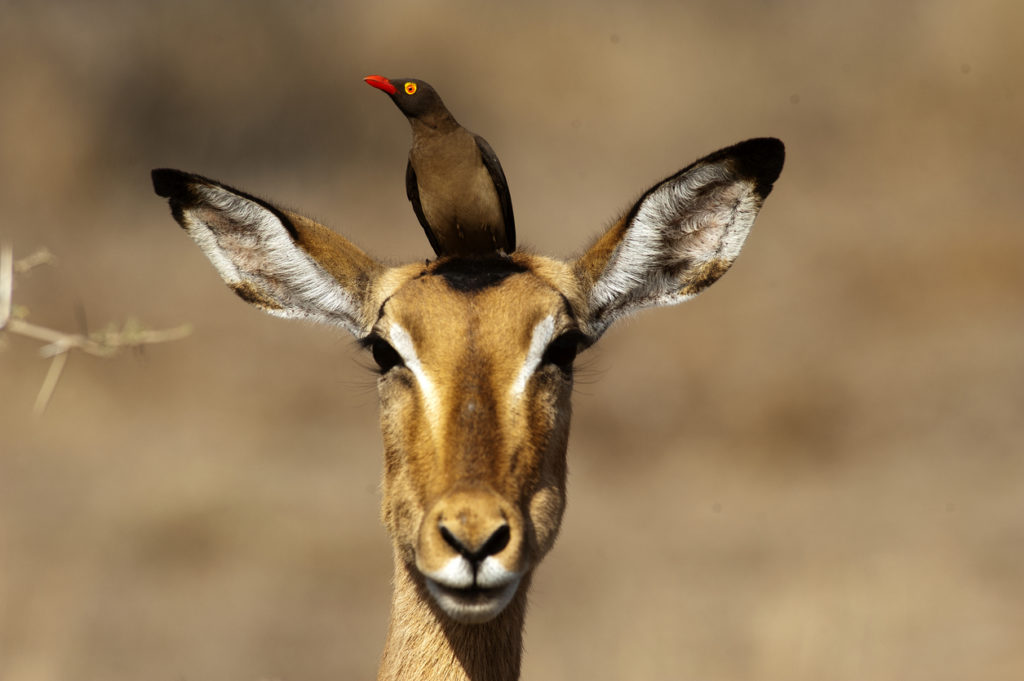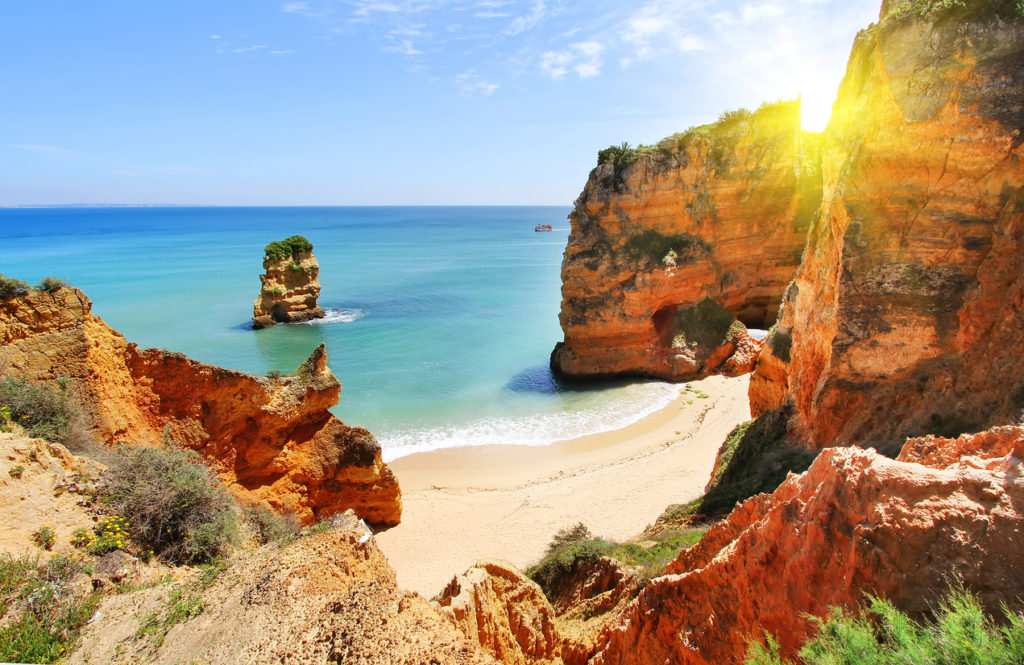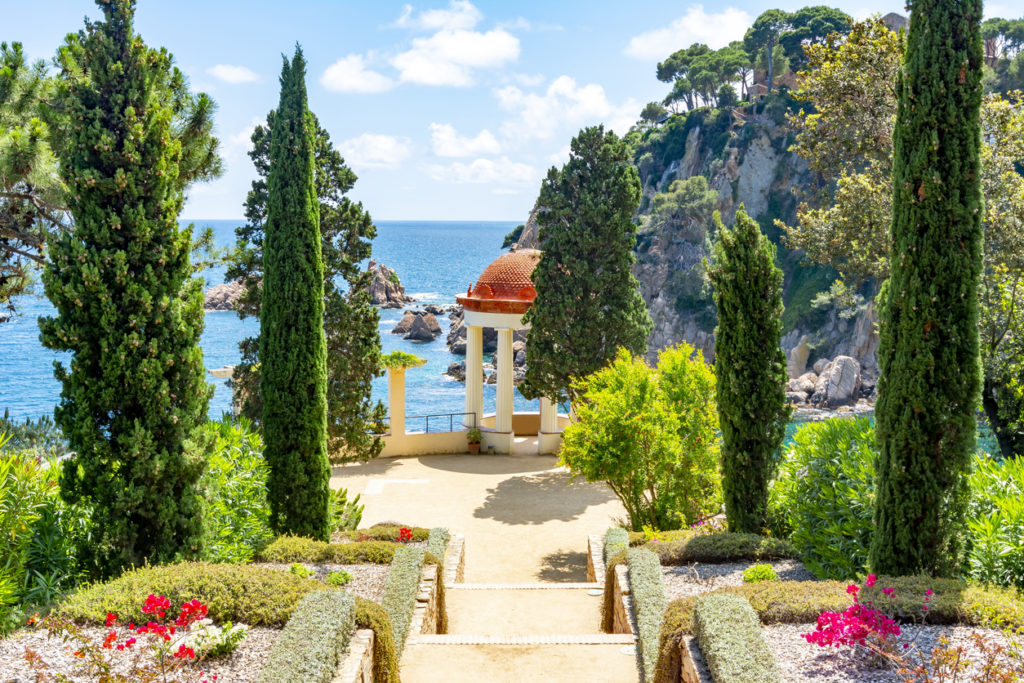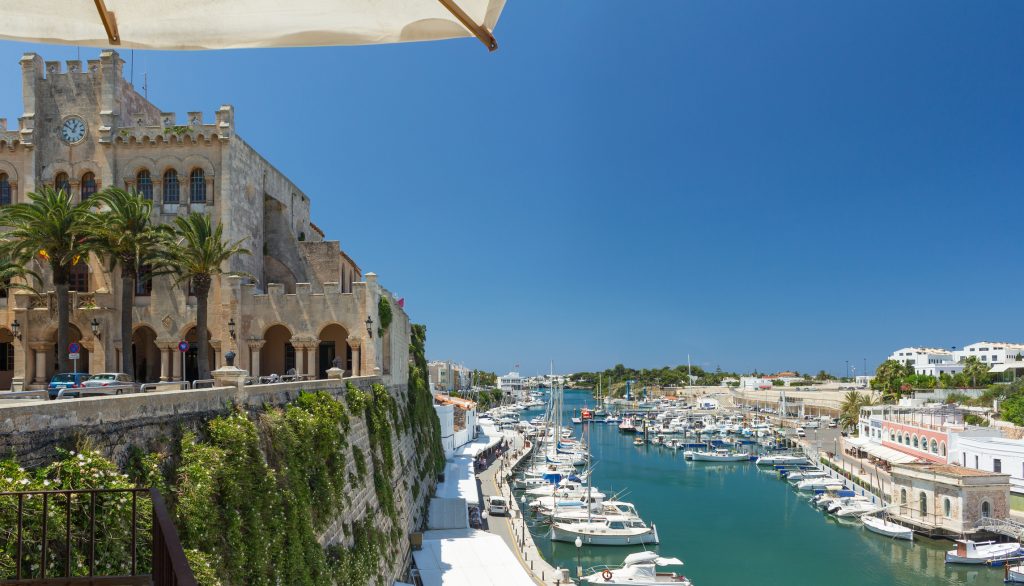
There’s a hush about Menorca that settles on your shoulders the moment you step off the plane. A softness in the air, a gentleness in the land. It’s not showy or brash, and it doesn’t need to be. Menorca simply waits, unrushed and unspoilt, for those with the good sense to find it. And when you do, you’ll wonder why it took you so long.
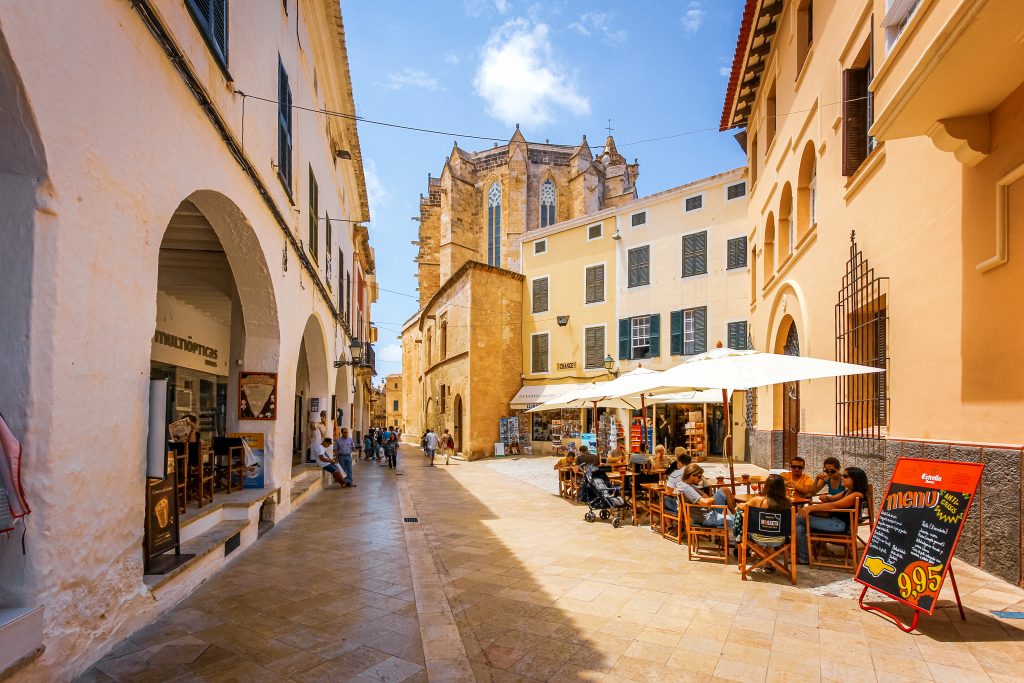
This Balearic gem has long lived in the shadow of its louder, brasher sisters, Ibiza with her parties and sleepless energy, Mallorca with her polished coastlines and sun-drenched style. But Menorca is something else entirely. Here, you don’t chase the night. You breathe in the day. And what a day it is.
Everything about Menorca whispers of simplicity and authenticity. The island has somehow resisted the tidal wave of overdevelopment, preserving its old-world character and natural beauty with a quiet kind of pride. Think stone farmhouses hidden behind dry-stone walls, winding rural lanes shaded by pine, and calas—those secret, horseshoe-shaped coves, where the Mediterranean seems to glow with its own light.
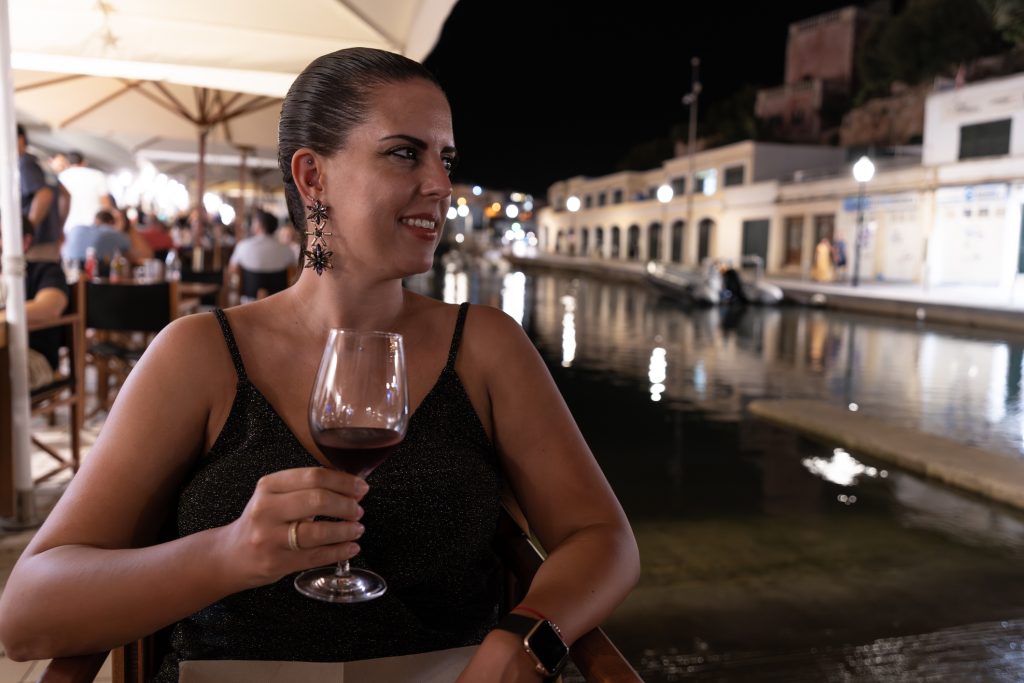
This is not an island where you rush from one sight to the next. Menorca asks you to slow down. To walk barefoot. To linger over long lunches by the sea. There’s a rhythm to life here that harks back to an older Mediterranean, a place where siestas still matter, where fish is caught fresh each morning, and where locals know every knot in the gnarled old olive trees that line their land.
Mahon, the capital, is where many begin their journey. It’s a charming harbour town with one of the deepest natural ports in the world, once a strategic naval stronghold, now a picturesque blend of history and marina life. British colonial echoes remain in its Georgian architecture, but the cafés are firmly Spanish. Sit with a cortado and watch the slow ballet of boats come and go. Mahon doesn’t demand attention, it earns it with grace.
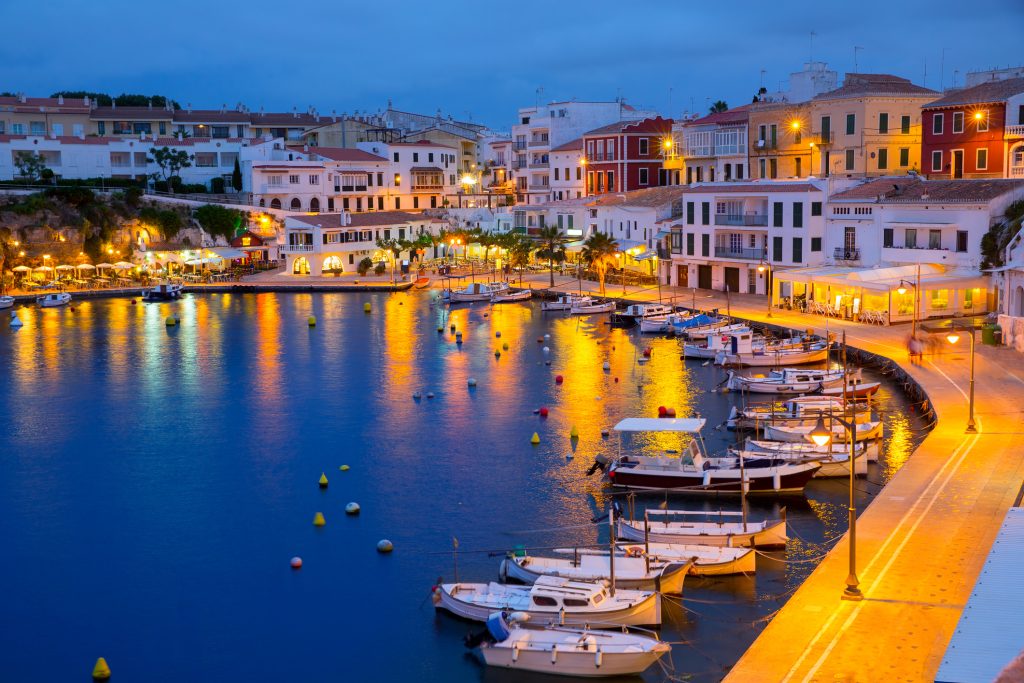
Over on the western side of the island lies Ciutadella, the former capital and a jewel box of gothic and baroque architecture. Here, time feels layered. Wander its cobbled lanes and you’ll pass beneath balconies dripping with bougainvillea, past sandstone palaces turned discreet hotels, and through quiet plazas that seem untouched by the years. As dusk falls, the town’s limestone streets warm to a golden glow, and there’s a romance in the air that’s impossible to ignore.
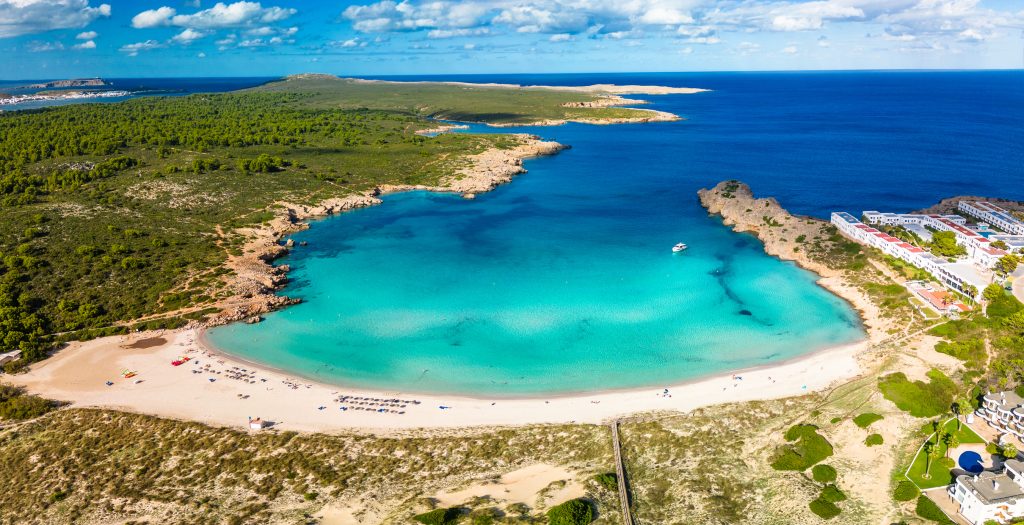
But it’s not just the towns that enchant. Menorca is, above all, a natural paradise. A UNESCO Biosphere Reserve since 1993, the island is fiercely protective of its landscapes, and rightly so. There are over 200 kilometres of coastline, each bend revealing another secluded beach or rugged stretch of coastline. Cala Macarella, Cala Mitjana, Cala Pregonda, names that don’t just sound exotic, they feel like secrets. Many are only accessible on foot or by boat, adding to the sense that you’ve stumbled upon something rare and real.
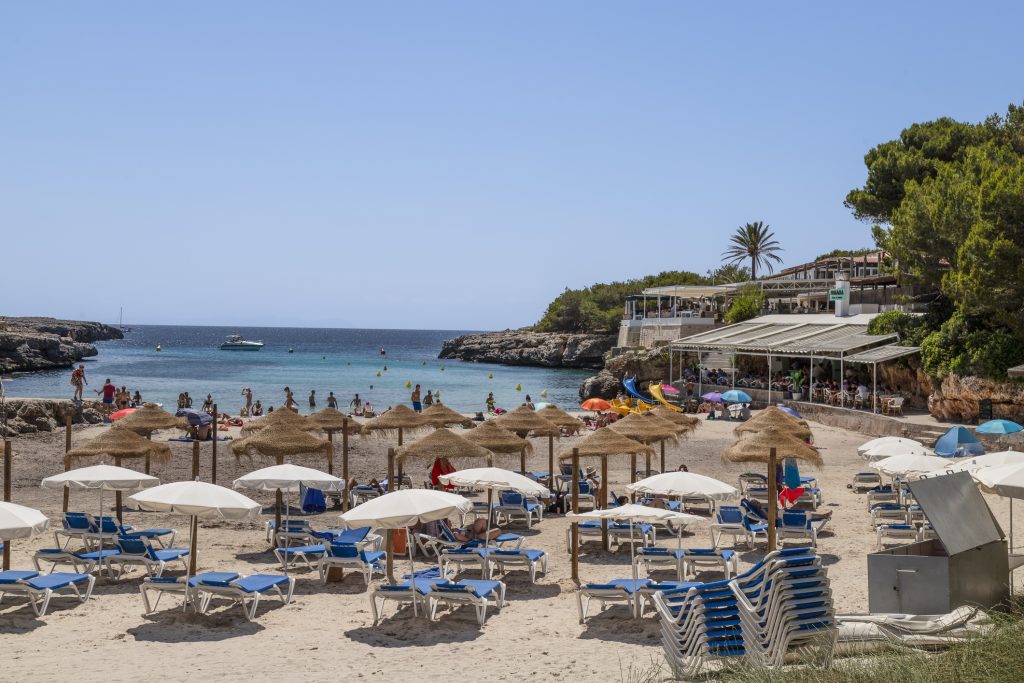
For those willing to explore inland, Menorca offers more than just beaches. Rolling green hills dotted with grazing cattle give way to aromatic pine forests and ancient megalithic ruins, remnants of the island’s Talayotic culture, older than Rome itself. This is a place where history runs deep beneath your feet and is felt rather than flaunted.
And then there’s the food. Honest, unfussy, and deeply satisfying. Menorcan cuisine is grounded in the island’s pastoral roots and maritime traditions. You’ll find rustic stews, tender lamb, and the island’s celebrated Mahón cheese, still made by hand on family-run farms. And of course, seafood, lobster stew (caldereta de langosta) is the local hero, best enjoyed by the water with a glass of crisp white wine as the sun dips low.
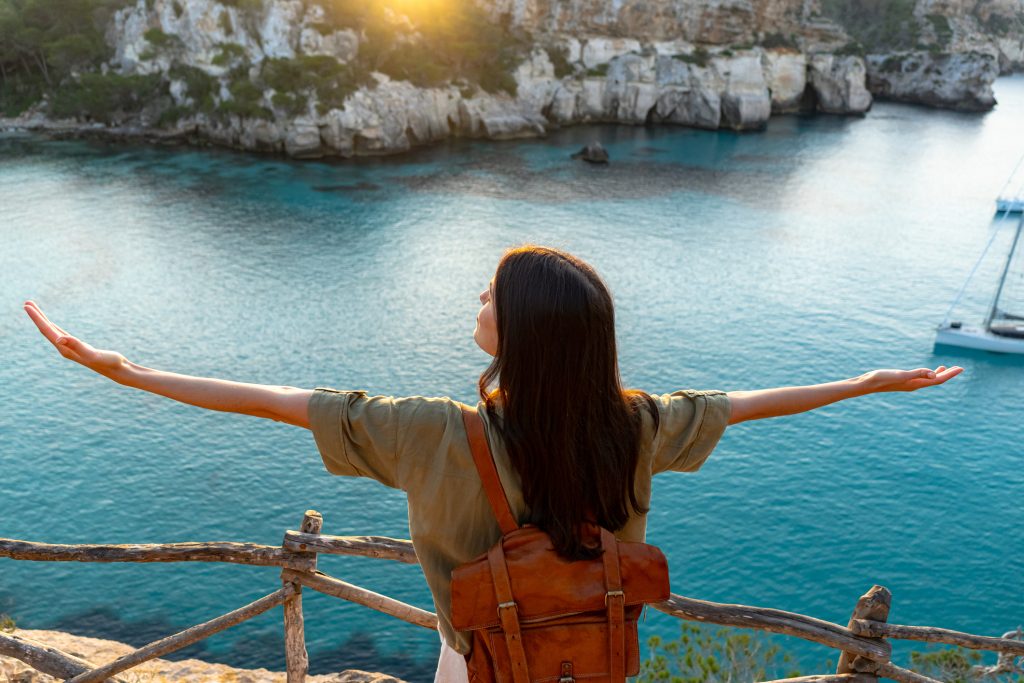
It’s also worth mentioning the gin, yes, really. Introduced during the British occupation in the 18th century, Menorca’s gin is now its own thing entirely. Distilled with native herbs and best enjoyed as a pomada (gin with lemonade), it’s a refreshingly local way to toast the good life.
What makes Menorca so special, in truth, can’t be captured in a guidebook. It’s in the way the light catches on a dry-stone wall at golden hour. The smell of wild rosemary in the air. The lull of waves in a hidden cove, just for you. It’s in the stillness. The space. The sense that you’ve stepped back into a version of the Mediterranean that remembers what it means to simply be.
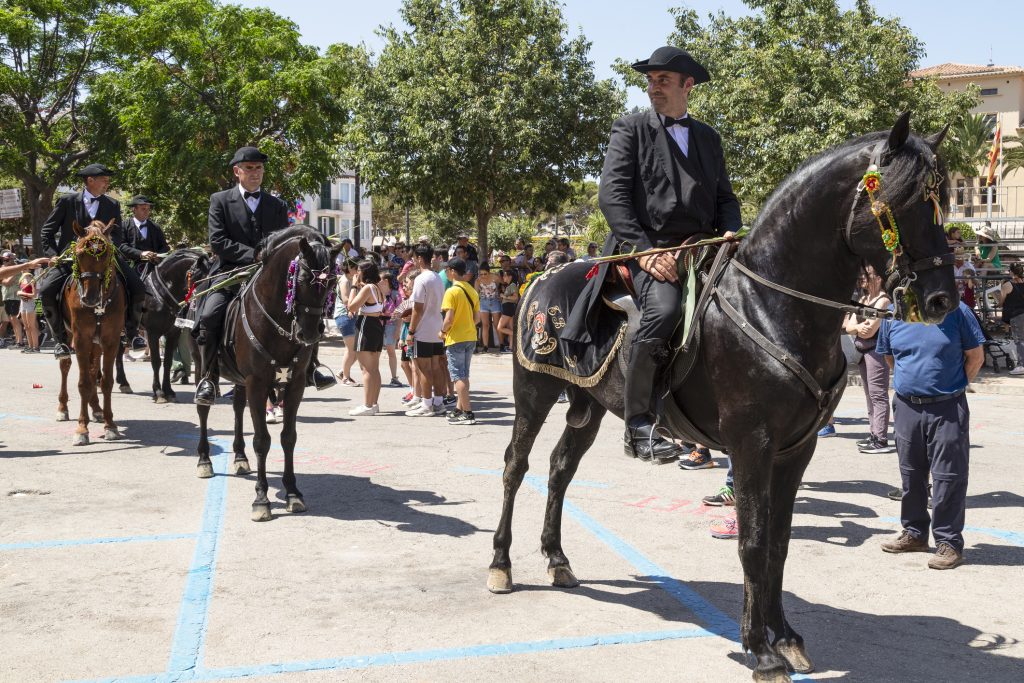
For those of us tired of the race, of noise, of queues, of endless clicking and scrolling, Menorca is a gentle rebuke. A reminder that the best places aren’t always the loudest. Sometimes they’re quiet, waiting patiently for those ready to listen. So if you’re searching for that rare thing, a Mediterranean escape with soul, Menorca might just be the answer you didn’t know you were looking for.

